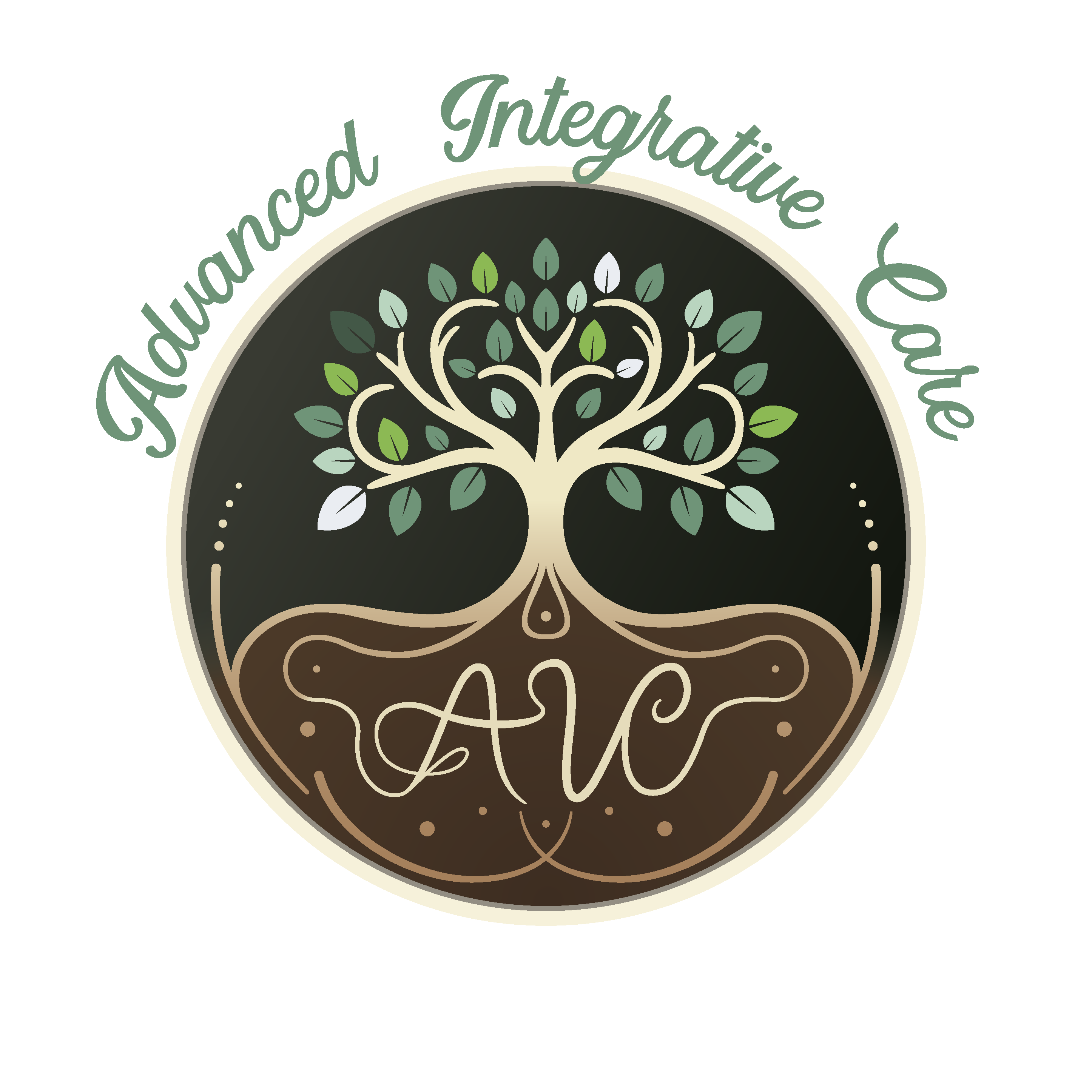Anxiety is a common issue that many people face. It can affect anyone, regardless of age or background. Anxiety often feels like worry or fear that doesn’t go away. Sometimes, it can be so overwhelming that it interferes with daily life. Understanding anxiety and finding effective ways to manage it can make a big difference in your quality of life.
Various factors can cause anxiety. It might be stress from work, school, or personal relationships. Sometimes, it’s linked to other health conditions, such as chronic pain or autoimmune diseases. Recognizing the symptoms early is key to seeking the right help and improving your mental health.
Finding relief from anxiety involves a combination of self-help techniques and professional treatments. Simple practices like breathing exercises, mindfulness, and regular physical activity can reduce anxiety in daily life. For more severe cases, therapies and holistic treatments can provide significant relief.
Understanding Anxiety: Causes and Symptoms
What is anxiety? Anxiety is a feeling of worry, nervousness, or fear about something that might happen. It’s a natural response to stress and can be helpful in some situations, like before a test or a job interview. However, when anxiety becomes constant or overwhelming, it can disrupt your daily life.
Common causes of anxiety include various factors, such as stress from work or school, major life changes, or traumatic events. Sometimes, it’s related to other health problems like chronic pain or adrenal fatigue. Genetics and brain chemistry also play a role. It’s important to understand that anxiety can result from a combination of these causes.
Recognizing symptoms of anxiety is key to finding relief. Symptoms can appear both physically and mentally. Common signs include a racing heart, sweating, trembling, and feeling tired or weak. You might also have trouble concentrating, feel irritable, or constantly worry. If these symptoms persist or worsen, it’s crucial to seek help and support.
Effective Self-Help Techniques for Anxiety Relief
Breathing exercises and relaxation techniques can quickly reduce anxiety. Slow, deep breaths help calm your nervous system. One easy method is to breathe in for four seconds, hold your breath for four seconds, and exhale for four seconds. Repeat this several times. Progressive muscle relaxation, where you tense and then relax different muscle groups, can also help ease tension.
Mindfulness and meditation practices are excellent for managing anxiety. Mindfulness involves staying present and focused on the moment. Simple activities like paying attention to your breath or observing your surroundings help keep your mind from worrying. Meditation, even for just a few minutes a day, can greatly reduce anxiety. Guided meditations are available online and through apps to help you get started.
The importance of physical activity and exercise can’t be overstated. Regular exercise releases endorphins, which are chemicals in your brain that improve your mood. Activities like walking, jogging, swimming, or even dancing can help. Exercise reduces stress and helps you sleep better, both of which are important for managing anxiety. Aim for at least 30 minutes of moderate activity most days of the week.
Professional Therapies for Anxiety Management
Cognitive-behavioral therapy (CBT) is a common and effective treatment for anxiety. This therapy focuses on changing negative thought patterns and behaviors that contribute to anxiety. A therapist guides you in identifying these thoughts and developing healthier ways to think and respond to stress. CBT has been proven to help reduce anxiety in many people.
Medication options and considerations are another important aspect of managing anxiety. Several types of medications can help, including antidepressants, benzodiazepines, and beta-blockers. Each type works differently and has its benefits and side effects. It’s important to work closely with a healthcare provider to find the right medication and dosage for your specific needs. Never start or stop medication without consulting a doctor.
Holistic treatments at Advanced Integrative Care offer additional ways to manage anxiety. These treatments can include Alpha-Stim, which uses microcurrent electrical therapy to calm the mind and body. Essential oils, I.V. therapies, and medical cannabis may also provide relief. Ozone therapy and Prolozone therapy are other options that can help improve overall well-being. Each therapy is tailored to your individual needs, providing a comprehensive approach to anxiety management.
Long-Term Strategies to Maintain Mental Health
Developing a regular routine can help maintain mental health in the long term. Having a consistent schedule can create a sense of stability and predictability. Try to go to bed and wake up at the same time each day. Eat meals at regular intervals and set aside time for relaxation and activities you enjoy. A routine can make your day feel more manageable and less stressful.
Building a strong support system is crucial for mental health. Surround yourself with family, friends, or support groups who understand and can help you cope with anxiety. Talking to someone who cares can make a big difference. Don’t be afraid to reach out and let others know when you need support.
Utilizing available resources and ongoing support is key. Many organizations and healthcare providers offer resources like counseling, educational materials, and online support groups. Advanced Integrative Care provides various therapies and support services to help manage anxiety and maintain mental health. Stay informed and make use of these resources to keep your mental health on track.
Conclusion
Managing anxiety requires a multi-faceted approach that includes understanding its causes and symptoms, applying effective self-help techniques, and seeking professional therapies when needed. Implementing long-term strategies such as maintaining a regular routine, building a support system, and utilizing available resources can greatly help in managing anxiety effectively. It’s important to take action and seek help if anxiety is affecting your quality of life.
If you or someone you know is struggling with anxiety, Advanced Integrative Care is here to help. We offer a range of therapies and integrative care services tailored to your needs. Contact us today to learn more about how we can assist you in managing anxiety and improving your well-being. Take the first step towards a calmer, healthier life.
